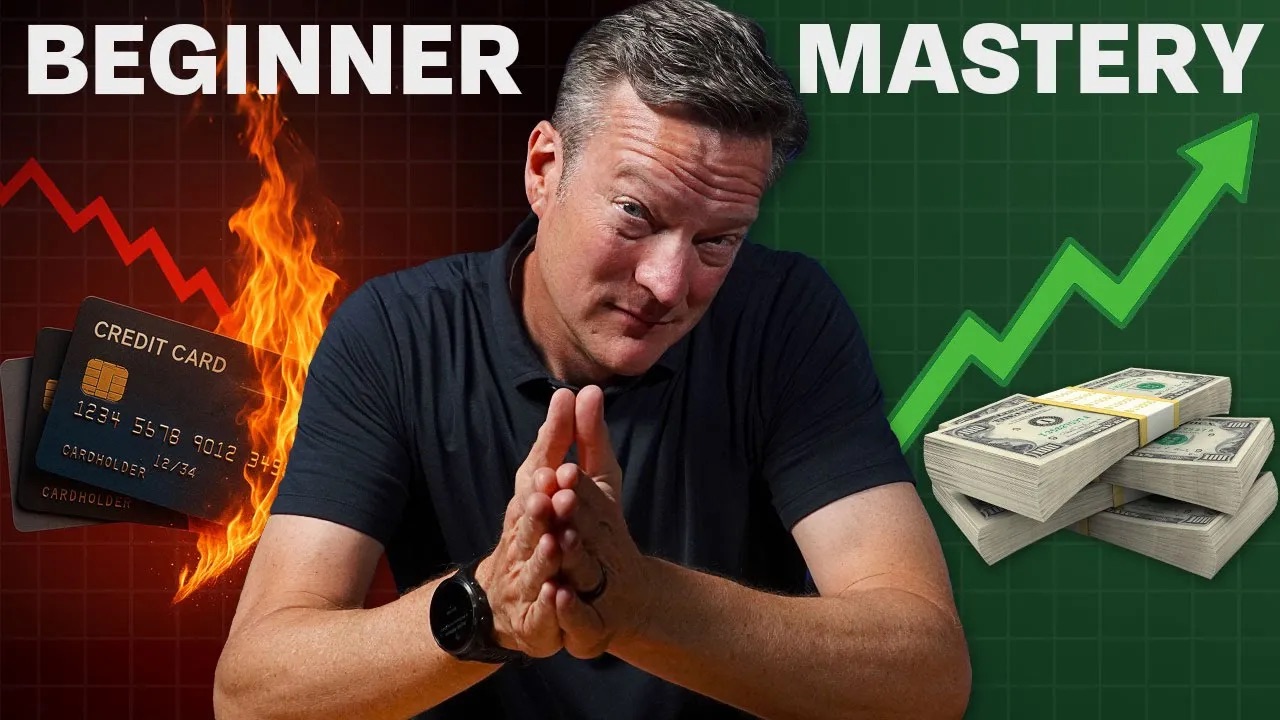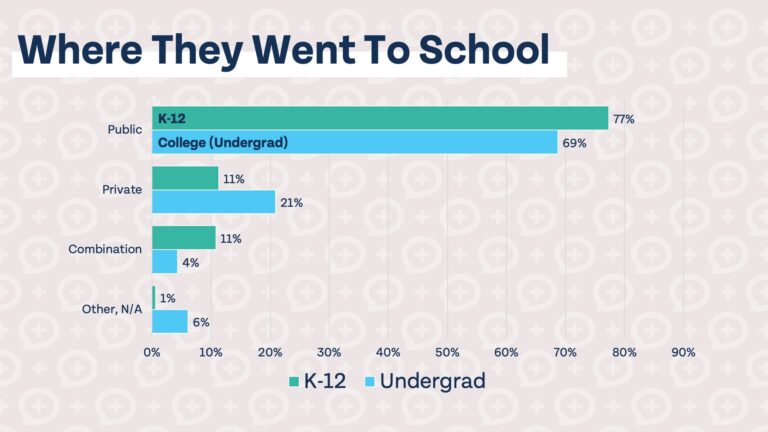When choosing between a Roth and pre-tax 401K, do you include the additional tax incurred by a Roth as part of your savings percentage? Next question. I'm kidding, I'm kidding, I'm kidding. Let me tell you, we get this question all the time. And look, we have some mathematicians in the audience, and I love them. I love when, because you'd be amazed at how many spreadsheets we get from you guys. Oh, you've got to see this, right? And yes, it is true, one dollar saved in a pre-tax account is not the equivalent of one dollar saved into a Roth account because you have to factor in the tax difference. But most people don't think that way. We know that this is a stat that's quoted over and over. 80 percent of personal finance is behavioral, right? Eighty percent of personal finance is behavioral. So when we talk to people about their savings rate and say, "Hey, we want you to be saving 20-25% of your gross income," we don't say, "We want you to be saving 25% of your gross income, assuming that you're going to be doing it pre-tax. But if you're doing it Roth, why don't you save 24% of your gross income?" That's just not the way that it works.
I think if you are getting that granular on your savings rate, I would argue that you're majoring in the minors. You're losing the plot on the reason why we stick to that. Because in a perfect world, this is what you really ought to do, and I'm amazed how many people don't do it. If you're going to opt to do the pre-tax contribution and you're going to take that savings rate, you're going to put it pre-tax, you're going to get that tax savings, you ought to then take that tax savings and go invest it in an after-tax account or go fund a Roth IRA or go to a backdoor Roth so that you truly are saving that additional tax savings. If you start doing the math that way, it makes much more sense. Then you've got to make an arbitrage decision on higher tax right now versus a lower tax rate later to figure out which one makes the most sense. Again, I think when it comes to accumulation, we so often just get lost in the weeds of it, and maybe it doesn't add a ton of value when it comes to how we're making our financial decisions.
I do want to say one thing because this is what I love about the
financial order of operations, holding it up. When you get to Step Seven, hyper-accumulation is really the three-bucket strategy that's talking about, "Hey, are you putting out not only paying attention to your asset allocation, how your assets are invested, but also your tax location?" Because we know different accounts behave differently for taxes, and they also are going to behave differently when you hit retirement. And Bo, you just said something. You know, look, if you would get this nerdy with it, James, that you're thinking about, "Hey, I'm going to do pre-tax. That's not the same as Roth. You could do after-tax also as an opportunity." If you really want to nerd out on this thing, here's what I like about after-tax. After-tax could be invested in traditional stuff like index funds and normal investments, but it could also move into Step Eight, which is where prepaid future expenses come in. Because this is where you're working on Steps One through Seven, the foundation of get wealthy-type behaviors. When you get to Steps Eight and Nine, now you can actually do some wealthy stuff. Maybe this is where you go into real estate for the first time. There are all kinds of opportunities. I think it's a good question, a financial mutant-type question. And I would really invite you to hold the mirror up and figure out what is the best thing for you to do from a tax standpoint. But then challenge yourself. Hey, look, if I'm this much of a financial mutant that I'm getting so into the weeds on it that I'm thinking about tax rates on every dollar that goes in, let's go ahead and maximize and take that tax savings and also put it to work in an after-tax account. Because you're actually doing all the things we talk about with Step Seven of the
financial order of operations. And assuming you're at 25% of your gross income like a financial mutant probably is, you are doing the stuff we nerd out on, and I love it. So congratulations, James. You just sound like you're in the full crunch zone of Step Seven of the
financial order of operations.














